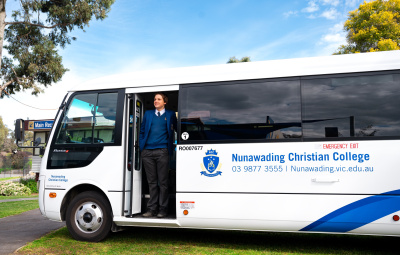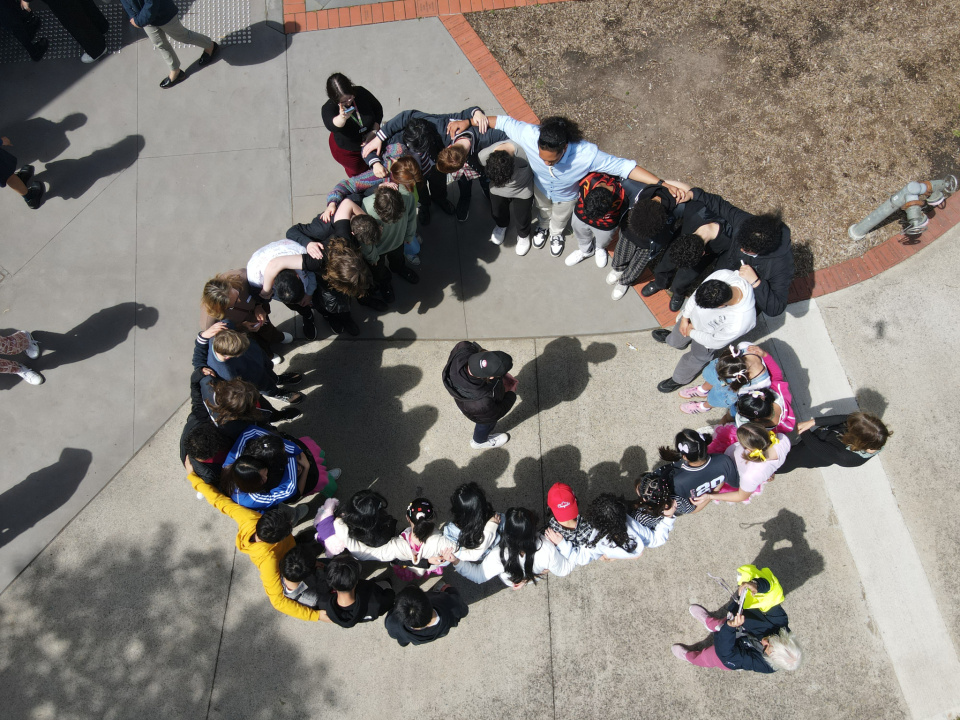Quicklinks
Chaplains Chat - Talking with your kids about ANZAC Day
On April 25th, Australians will stop and think of the freedom we enjoy and what has been sacrificed to secure it. Anzac Day always makes me emotional. I think about my grandparents, and their personal courage and losses during the World Wars. But, war is a terrible thing, and our children may have a variety of responses to what Anzac Day commemorates.
As Christians, Jesus calls us to be local and global peacemakers and sometimes it is tricky to know how to speak on these themes with our children. So here are a few things to keep in mind with these difficult conversations:
1. Say “thank you”
On Anzac Day, most veterans would be delighted if people just said, “Thank you for your service, and thanks to your family for their sacrifices.”
2. Honour the courage and sacrifice of many who fought and suffered in war, without romanticising or glorifying conflict
Anzac Day isn’t about honouring war. Rather, it’s a day when we recognise and honour the bravery, dreams, and sacrifices of those who fought and suffered for freedoms, ideals, hopes, and people they loved dearly.
Steve Turnbull (a chaplain with the Royal Australian Air Force), puts it this way:
“We choose to remember every day, ordinary people, who were caught up in extraordinary circumstances… We choose to remember people who gave up so much that we take for granted… Yet, when the stories are told by those who survived, they focus on the unexpected good experienced. They speak of mateship, relationship and loss. They remember the bonds that formed… They remember the humanity in the midst of the inhumane.”
3. Honour the contributions of Aboriginal and Torres Strait Islander Peoples
As a nation, Australia has been far too slow to recognise the experiences, courage, and losses of Aboriginal and Torres Strait Islander veterans. Not only did they suffer greatly in the wars, and show immense bravery, but their lives and contributions were often forgotten.
4. Discuss the values of Jesus, which is above any values of our nation
There is a lot of talk these days about “Australian values” and what exactly they are. But the good news for Christians is that we have a more solid reference point for our values. We choose the values of Jesus and His kingdom, and not those determined by any nation or society. Talk about the values that Jesus embraced, demonstrated, and spoke about, like:
- Love your enemies.
- Love your God.
- Love your neighbour.
- Go and be reconciled.
- Honour human life.
- Renounce violence and hatred.
- Love unconditionally.
- Forgive extravagantly.
- Show compassion for the last, the least, the outcast, the poor, the despised, and the most vulnerable.
- Be passionate about truth and justice.
- Be meek.
- Pursue peacemaking.
- Seek the righteousness that only God offers.
- Act justly, love mercy, and walk humbly with God.
- Be humble, sincere, and honest.
5. Learn afresh, every day, how “blessed are the peacemakers”
Peacemaking isn’t passive. It’s the active, courageous, and public exercise of forgiveness and love and reconciliation.
6. Pray and know that God is bigger than the trouble in our world.
In John 16:33, Jesus tells His followers: “I have said these things to you, that in me you may have peace. In the world you will have tribulation. But take heart; I have overcome the world.”
- Karen Horsley, Primary Chaplain
You might also like

Chaplains and Wellbeing Professional Development Day

College Bus Drivers – Job Opportunity
Limited places available for 2026... Now accepting applications for ELC 2027, Prep 2027 and Year 7 2028



